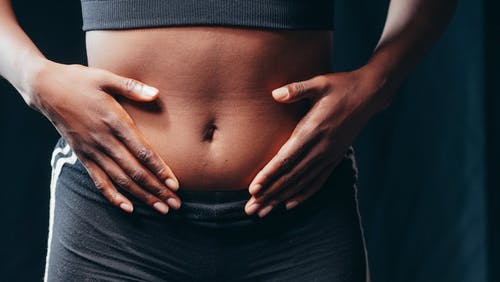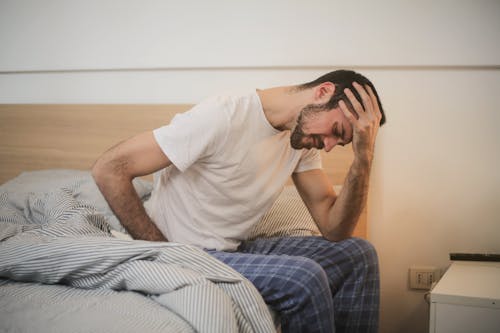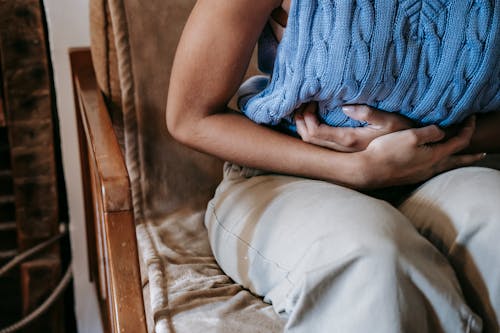
What are the symptoms of IBS and how can I recognise them?
Over a third of people in Britain either have or have experienced symptoms of IBS and 1 in 10 have experienced them badly enough to seek medical attention. And it’s actually young people and specifically young women who are the most likely demographic to experience it, although men and older age groups can also be troubled by symptoms. Many have symptoms intermittently for months or years.
Basically, it’s a very common condition that affects plenty of people so it’s important as women to be on the lookout for anything that may be wrong. We all experience bloating and discomfort but irritable bowel syndrome is something more. It affects the digestive system and causes symptoms like stomach cramps, bloating, diarrhoea and constipation. These tend to come and go over time, and can last for days, weeks or even months at a time.

Unfortunately, IBS is usually a condition that needs to be lived with. It can be very frustrating and difficult to manage but changes in diet and medicines could help to control the impact it has on you.
The NHS advise that the cure and the cause are unknown. In the past it has been linked to food passing through your gut either too quickly or too slowly, oversensitive nerves in your gut, stress and a family history of IBS.
Some of the main symptoms according to the NHS are:
- stomach pain or cramps – usually worse after eating and better after doing a poo
- bloating – your tummy may feel uncomfortably full and swollen
- diarrhoea – you may have watery poo and sometimes need to poo suddenly
- constipation – you may strain when pooing and feel like you cannot empty your bowels fully
There may be days when your symptoms are better and days when they're worse (flare-ups). They may be triggered by food or drink so try to keep track of what you're eating on good vs bad days.
IBS can also cause:
- farting (flatulence)
- passing mucus from your bottom
- tiredness and a lack of energy
- feeling sick (nausea)
- backache
- problems peeing, like needing to pee often, sudden urges to pee, and feeling like you cannot fully empty your bladder
- not always being able to control when you poo (bowel incontinence)

If you think you may have IBS, contact your GP to set up an appointment. They can do tests to see if it is IBS and can rule out any other potential problems.
It is important to be seen quickly if you:
- lost a lot of weight for no reason
- are bleeding from your bottom or bloody diarrhoea
- have a hard lump or swelling in your tummy
- experience shortness of breath, noticeable heartbeats (palpitations) and pale skin
These could be signs of something more serious and it’s important that it be seen to immediately.
See here for more information.






